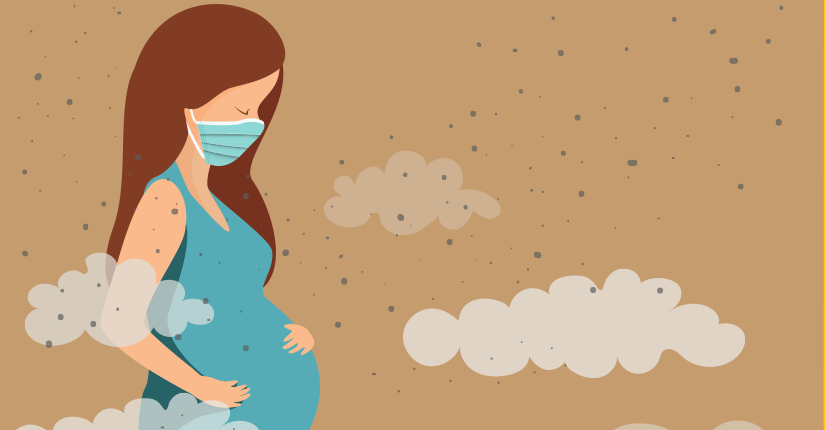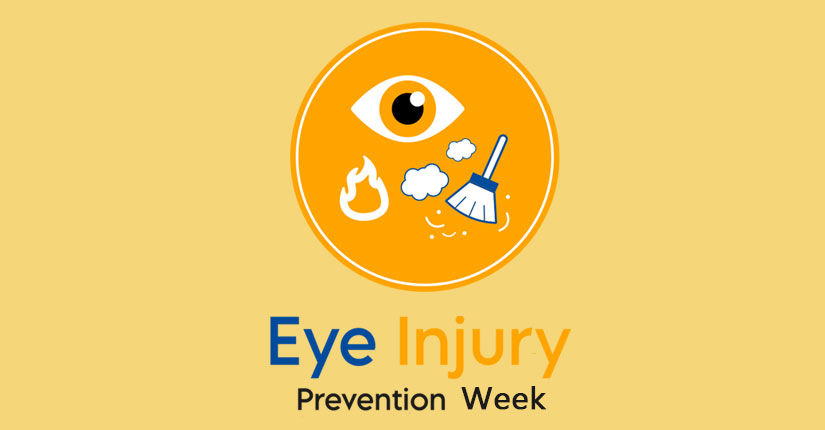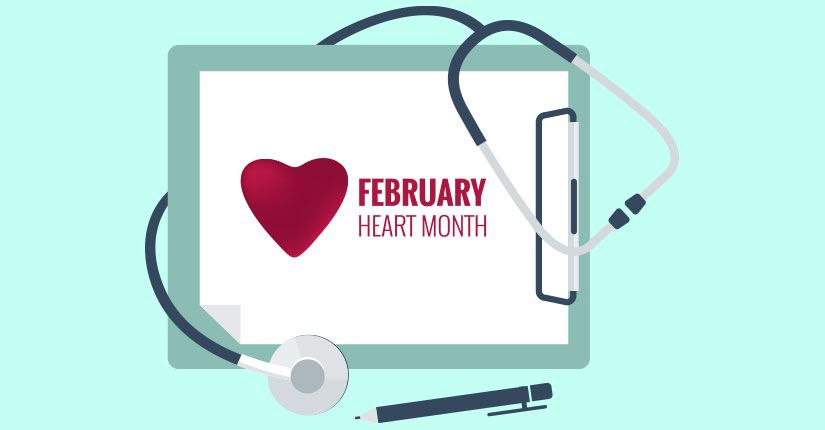Antibiotic Overdose and Its Threat to Human Health
By: Admin Date: 22-Nov 2021 Reading Time: 5 Mins

Every year, your family probably faces colds, sore throats, and viruses due to seasonal variations. When you consult a doctor for these illnesses, do you automatically expect a prescription for required antibiotics?
Many people do. And they’re surprised, maybe even angry, if they leave the doctor’s office empty-handed after all; is there any individual who doesn’t want to get well as quickly as possible? But your doctor could be doing you a favour by not reaching for the prescription pad and suggesting you antibiotics-free recovery.
Let’s discuss how antibiotics do their work?
To understand how antibiotics work, we first need to know about the two major types of germs that can make people sick: bacteria and viruses. You will be surprised to know how these two organisms multiply and spread illness:
- Bacteria are living organisms existing as single cells in our bodies. Bacteria are present everywhere and most don’t cause any harm, and in some cases may be beneficial. For example, Lactobacillus lives in the intestine and helps to digest food. But some bacteria are harmful and can cause illness by invading the human body, multiplying, and interfering with normal bodily functions. Antibiotics are effective against bacteria because they work to kill these organisms by restricting their growth and reproduction.
- Viruses on the other hand are non-living and cannot exist on their own. They contain genetic material wrapped up in a protein coat. Viruses grow and reproduce only after they have invaded other living cells. The body’s immune system can fight off some viruses before they cause any illness, but others (like a cold, cough) must simply run their course. Antibiotics do not work against viruses.
Antibiotic Overdose and its threat to you!
Frequent and inappropriate use of antibiotics can cause bacteria and other microbes to change so antibiotics don’t work effectively against them. This is known as antibiotic resistance. Treating these resistant bacteria requires stronger antibiotics. Because of antibiotic overdose, certain bacteria can become resistant to even the most impressive antibiotics that are available today.
Antibiotic resistance is of major concern, and one that the Centers for Disease Control and Prevention (CDC) calls ‘one of the world’s most pressing public health problems.’ Bacteria that were once highly receptive to antibiotics have become more and more resistant with time. Pneumococcal infections (which cause pneumonia, ear infections, sinus infections, and meningitis), skin infections, and tuberculosis are becoming harder to treat due to antibiotic overdose.
Along with antibiotic resistance, overusing antibiotics can lead to other health problems too. Antibiotics can even kill many good bacteria that help to keep your body healthy. Also, taking antibiotics can cause an individual to develop diarrhea due to a lack of good bacteria that help to digest food properly.
Over to you:
It’s a good idea to let milder illnesses run their course. This helps to prevent antibiotic-resistant germs from developing any further. But leave this to your doctor to infer if an illness is mild or not. Avoid taking unnecessary antibiotics dosage and give your body desired time and rest to recover properly. Always consult your doctor before starting any medications to avoid their adverse effects on your body.

















